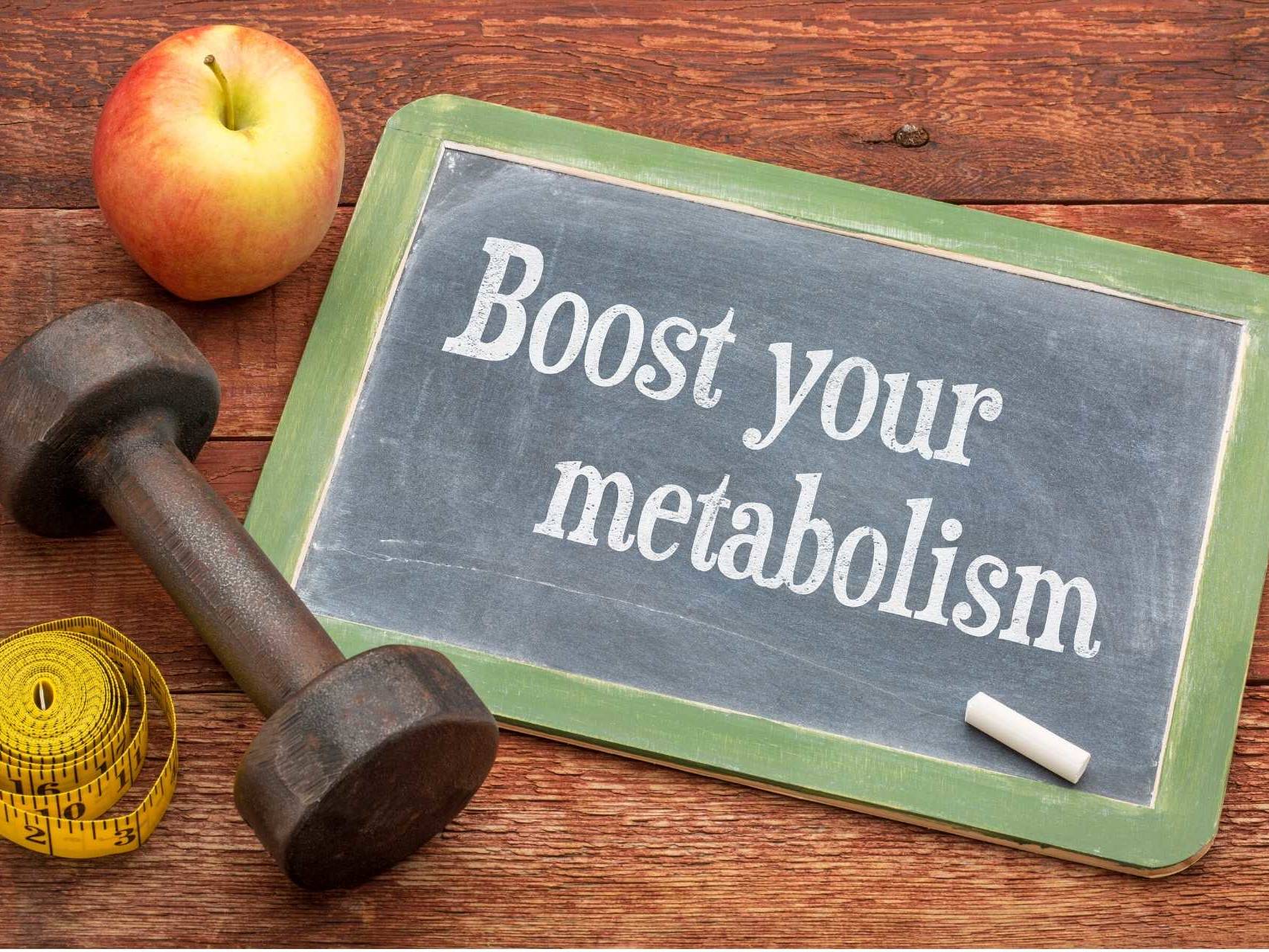When it comes to dieting and weight loss, boosting your metabolism can be one of the most effective methods for achieving success. While there is no single food that has been proven to be the most effective metabolism booster, there are certain components found in many foods that can support a more active metabolism. By understanding which components are key to boosting your metabolism, you can make better dietary choices that will help you reach your goals.
This article will explore the importance of analyzing food components in order to boost your metabolism and provide examples of foods that contain these essential elements. Understanding which ingredients are necessary for a healthy and active metabolic system, as well as how they interact with each other and our bodies, can help us make informed decisions about what we eat.
What Is Metabolism?
Metabolism is the process by which our bodies convert food into energy. It involves breaking down nutrients and turning them into substances such as glucose or ATP (adenosine triphosphate), which then fuel various metabolic processes in the body. A person’s basal metabolic rate (BMR) reflects how quickly their body uses energy when at rest; this rate is usually higher for people who are more physically active than those who lead a sedentary lifestyle.
An individual’s BMR can be impacted by numerous factors such as age, gender, genetics, physical activity level, and nutritional intake. While some believe that eating certain “metabolism-boosting” foods may increase their BMR significantly enough to cause weight loss or prevent weight gain, current research does not support this claim; however, making smart dietary decisions may still play an important role in influencing overall health outcomes related to metabolism.
Essential Food Components For Boosting Metabolism
While there is no single food item or nutrient that has been scientifically proven to have significant effects on an individual’s BMR, several studies have suggested that specific components found in many different types of food items may influence metabolic functions in beneficial ways. Below are five key food components known for their potential ability to promote healthier metabolisms:
- Protein:
Protein-rich foods such as lean meats (chicken breast or turkey), fish (salmon or tuna), eggs, nuts (almonds or cashews), beans/legumes (black beans or lentils), dairy products (low-fat yogurt or skim milk), tofu/tempeh and high-protein grains such as quinoa are all excellent sources of protein. As well as acting as a building block for muscle, proteins require more calories to digest than carbohydrates and fats, meaning they can potentially help you burn more calories while providing essential amino acids for muscle growth and repair throughout the day.
- Fibre:
Fibre is a type of carbohydrate found mainly in fruits, vegetables, legumes, whole grains, nuts, seeds, and other plant foods. It helps slow down digestion so you feel fuller longer after eating. Fibre also aids digestion by helping to move waste through the gastrointestinal tract, reducing the bloating and cramping associated with inefficient elimination. Finally, because fiber takes longer to digest than other macronutrients, it boosts thermogenesis – the production of heat in cells – resulting in increased calorie burning.
- Healthy fats:
Contrary to popular belief, eating fat does not necessarily lead to fat gain! In fact, unsaturated fats from sources such as avocados, olives/olive oil, fatty fish such as salmon/tuna/mackerel, flaxseed/chia seeds, nuts & nut butter have been shown time and time again by anti-obesity researchers to reduce hunger cravings while increasing post-meal satiety, leading to reduced calorie intake over time, thus helping individuals looking to shed excess pounds! These fats also support hormonal balance within the body, positively affecting mood and mental clarity, paving the way for a successful weight management journey!
- Iron:
Iron plays an important role in oxygen transport throughout the body & affects cellular respiration, enabling cells & tissues to access required energy efficiently! Iron deficiency disrupts the normal functioning of cells thus impairing bodily functions and leading to fatigue & low endurance levels shrinking one’s capacity to work out significantly thus thwarting efforts aimed at maintaining ideal weight over a period of time! Good sources of iron include spinach/kale/collard greens/broccoli etc along with fortified cereals, bread & pasta! Meat lovers needn’t worry either, as red meat, poultry, and seafood are all good sources of iron!
- Vitamin D:
Vitamin D insufficiency poses a serious threat to physical well-being, holding back progress made via exercise and diet programs alike, and being linked to numerous adverse health conditions including bone density issues, cancer, diabetes, cardiovascular disease, and obesity! Sunlight is the main source of vitamin D, although one could opt for fortified milk, orange juice, yogurts, cheese, etc to supplement the natural doses received on a daily basis! However, maximum absorption happens when taken in conjunction with calcium-rich diets, hence dairy products are recommended to be consumed regularly if you want to reap the benefits mentioned above! 
Conclusion
The right type of diet plays an important role when it comes to improving your metabolism; understanding what type of nutrients our bodies need will help us make better dietary choices which will ultimately lead us to a healthier life both mentally and physically. Each component discussed above provides unique benefits depending on our own needs, so it’s important that we tailor our diet accordingly, taking into account our current health condition(s). In addition, consulting a registered dietitian nutritionist is always a safe bet to ensure adequate intakes of macro-micro-nutrients according to respective needs, looking at long-term goals regarding living an active healthy lifestyle going forward!



